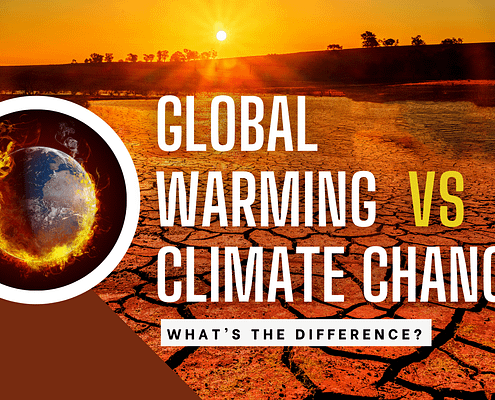
Global Warming vs. Climate Change: What’s the Difference?
BlogAre they the same thing? Not quite.
These two terms often appear side-by-side, used interchangeably in headlines and conversations. But understanding the difference between global warming and climate change can help us better grasp the crisis…
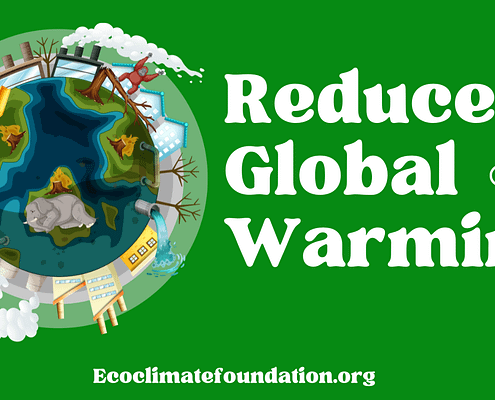
How to Combat Climate Change: 10 Actions to Reduce Global Warming
Take ActionWhile we cannot stop global warming overnight, or even over the next several decades, we can slow the rate and limit the amount of global warming by reducing human emissions of heat-trapping gases and soot (“black carbon”) that contribute…

A VOLUNTEER
VolunteerAS A VOLUNTEER
Donate and put books about climate change in your nearest library.
Pick up trash along road side when walking; it helps in keeping our natural environment clean and healthy for us to live in.
Support corporate sustainability…
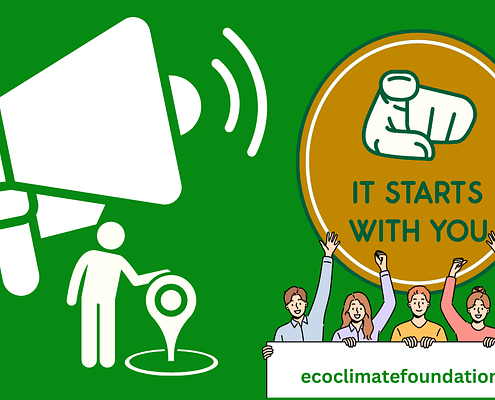
Act Locally
act LocallyACT LOCALLY
Disinvest from carbon-heavy industries and invest in industries that have cleaned energy and carbon free option.
Shop locally to provide community jobs and reduce transportation cost and carbon emissions.
Come together to combat…
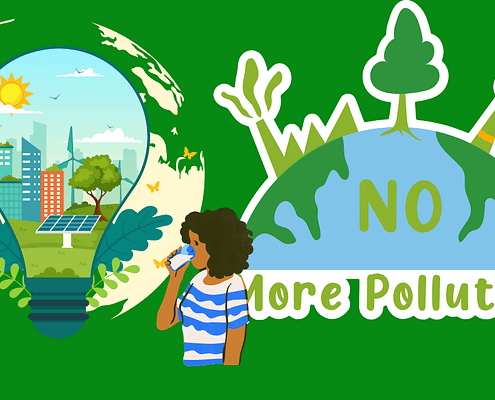 https://mlz3mis59ni5.i.optimole.com/w:1366/h:768/q:mauto/ig:avif/https://ecoclimatefoundation.org/wp-content/uploads/2021/02/Take-Actions-At-Home.png
768
1366
admin
https://ecoclimatefoundation.org/wp-content/uploads/2025/03/EccoClimate_logo_Today-1-300x300.png
admin2021-02-15 03:19:252026-01-06 15:16:46Act At Home
https://mlz3mis59ni5.i.optimole.com/w:1366/h:768/q:mauto/ig:avif/https://ecoclimatefoundation.org/wp-content/uploads/2021/02/Take-Actions-At-Home.png
768
1366
admin
https://ecoclimatefoundation.org/wp-content/uploads/2025/03/EccoClimate_logo_Today-1-300x300.png
admin2021-02-15 03:19:252026-01-06 15:16:46Act At Home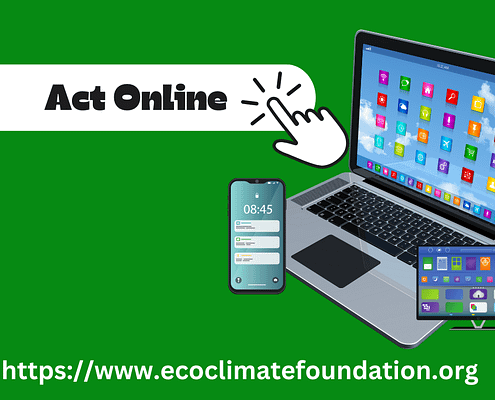
Act Online
Act OnlineAct online by;
Discussing and advocating for the natural environment in a more concrete term, using different internet platforms. The environment is an abstract concept, and until you and I put a human face to the problem we will not inspire…

Recycle
Take Action, UncategorizedRecycling is a cost-effective and eco-friendly process that eliminate waste and doesn't emit greenhouse gasses into the environment. Take your discarded electronics, paper, glass and plastics to any recycling center. These items could…

Embrace the habit of planting of trees
Take ActionTrees help mitigate climate change effects by absorbing carbon dioxide and releasing oxygen into the environment and air also helps in cooling down our cities.

Embolden the use of renewable energies:
Take ActionSpreading awareness about renewable energy is a way to create positive impact in our community. Educate others on how renewable energy is better than utilizing fossil fuels. This could convince people to invest in the idea.

Start by educating yourself and others
Take ActionStart by educating yourself and others: You and I can help protect our planet by educating others about the dangers of climate change and how to go against it. There are many platforms for us to exploit that can allow us spread our messages…

